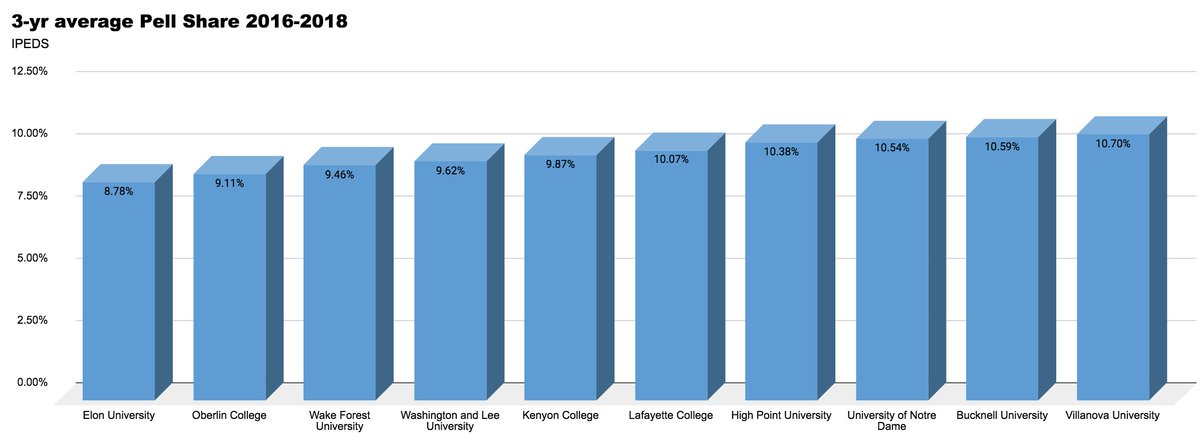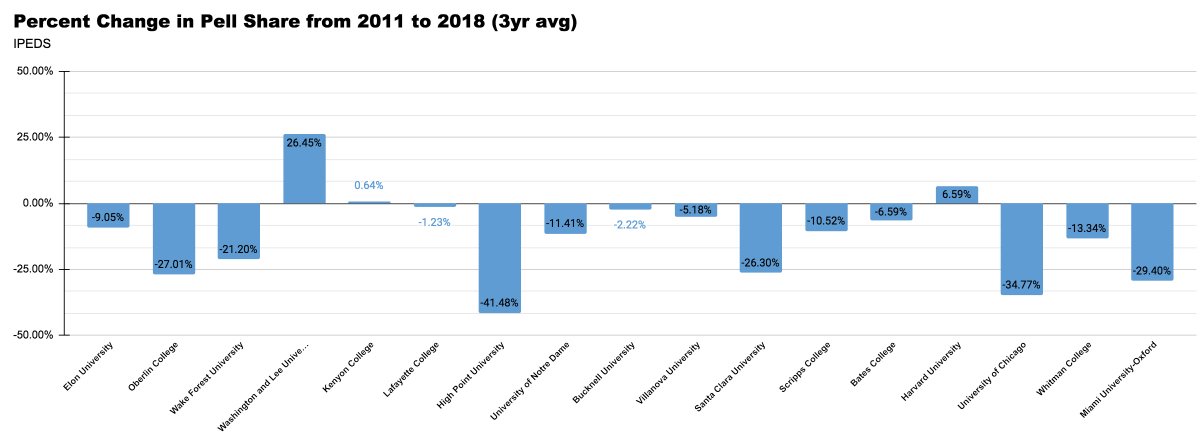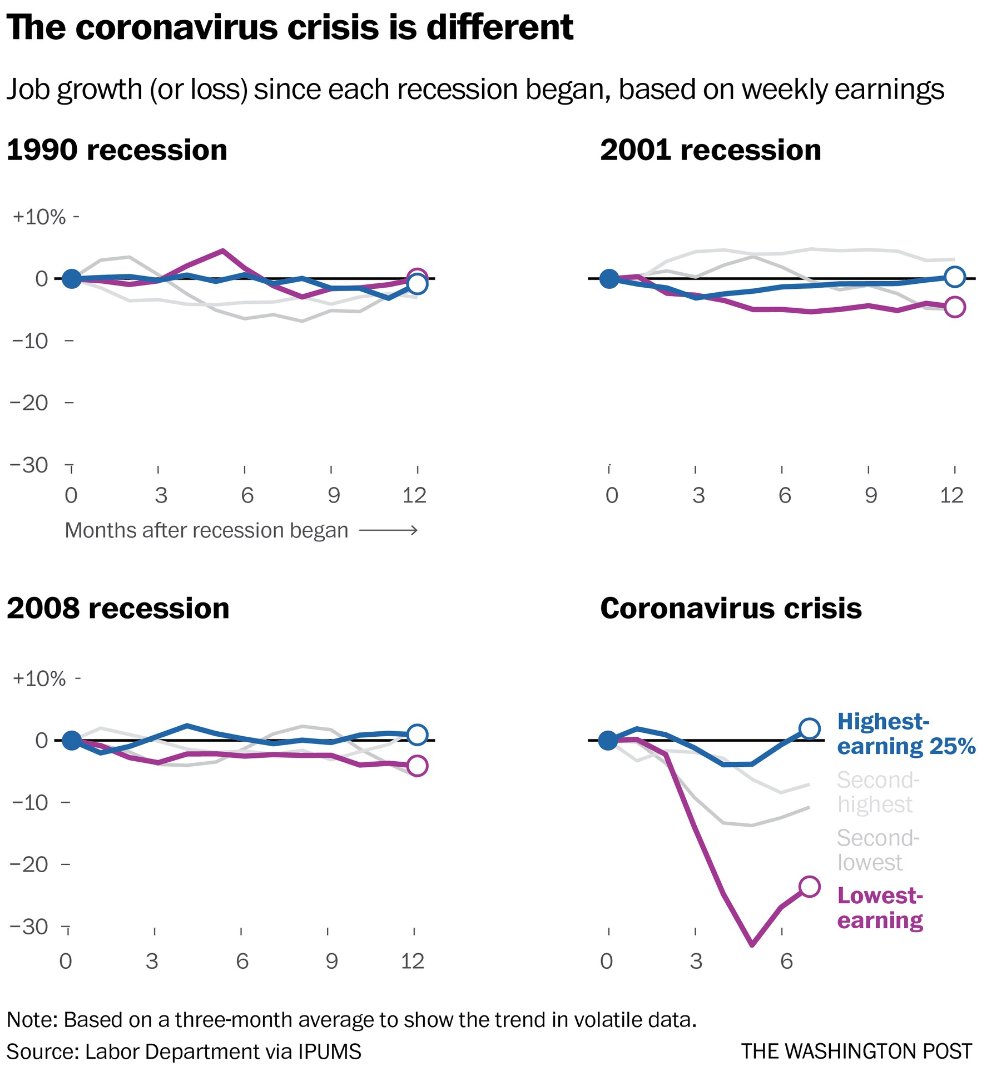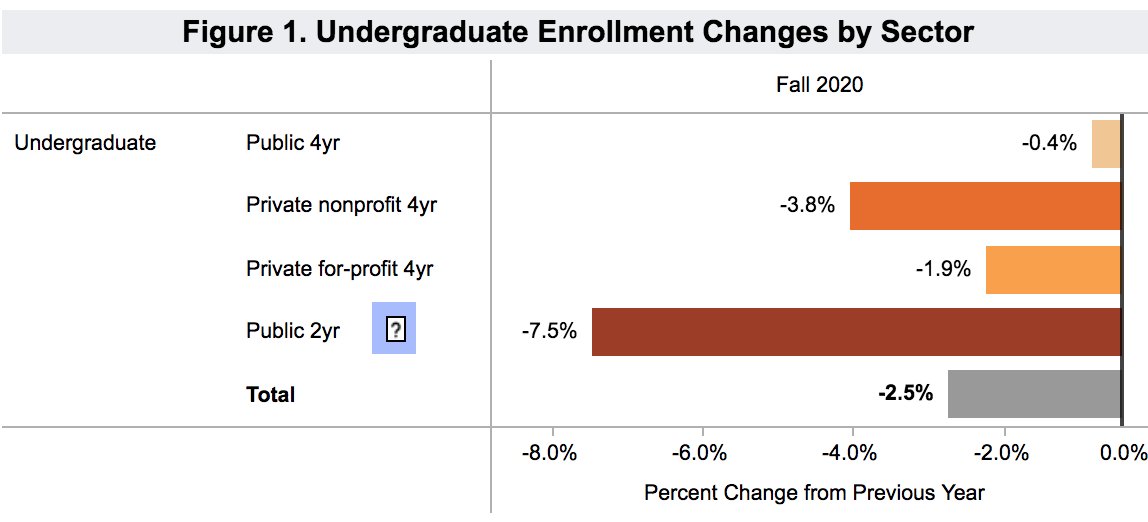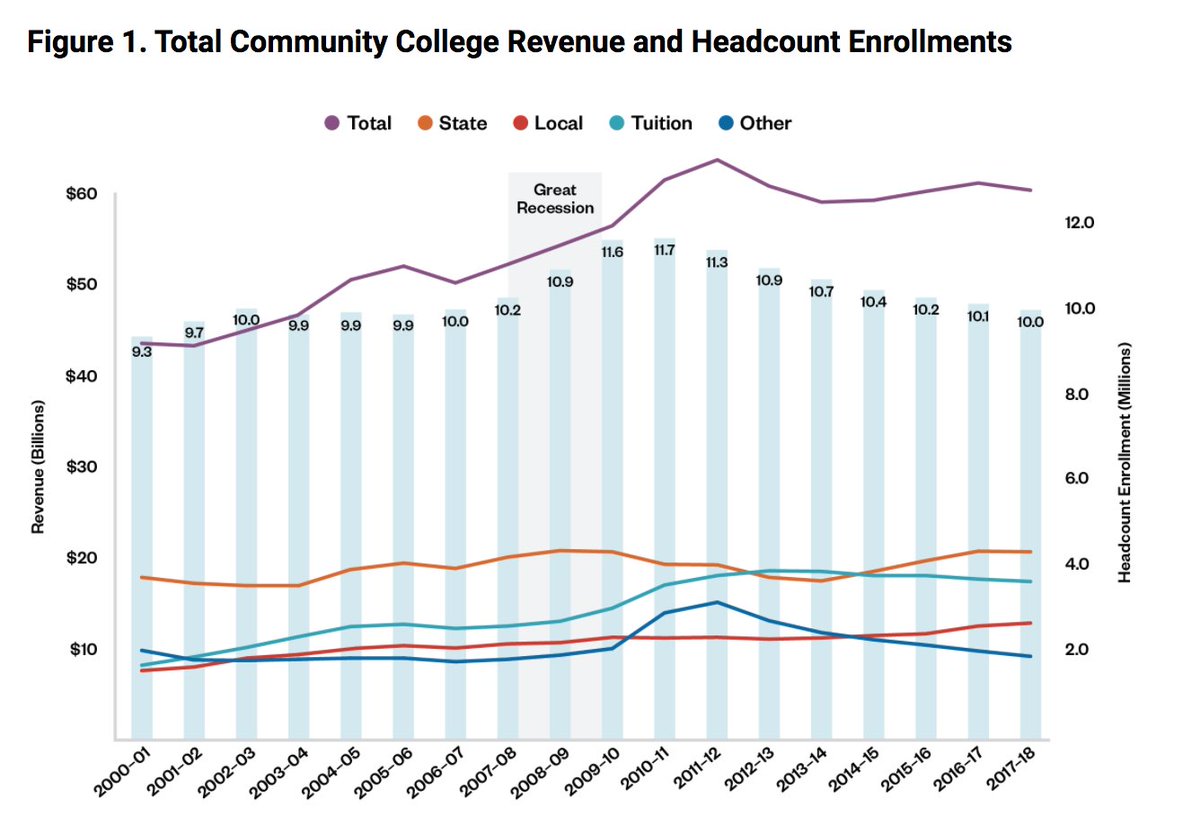
A college degree can transform individuals, families, and communities. One problem is that we give too little recognition to the institutions that have the largest impact on social mobility. THREAD 

Another problem is not all institutions lead to good outcomes for low-income students. That's why @EdReformNowUSA produced our Social Mobility Elevators brief, which identifies 4-yr institutions that have positive outcomes for students with Pell Grants. edreformnow.org/wp-content/upl…
The first and maybe most alarming thing we found was that there are only 614 4-yr colleges and universities out of almost 2,000 where students with Pell Grants are more likely to earn a degree than to leave without one and where students repay their loans at acceptable rates. 

We call these 614 colleges and universities that are more likely lead to degrees without crushing debt Social Mobility Elevators, since they lead to good outcomes for low-income students. A majority of them are private. Only 3 are for-profits. 
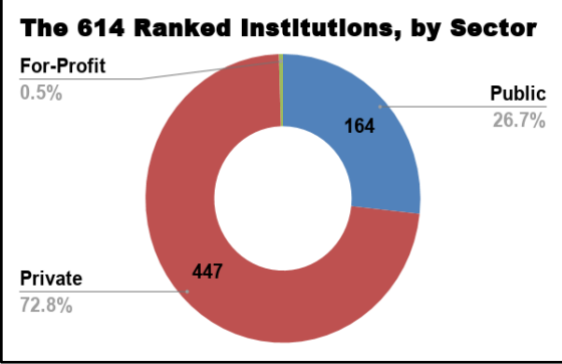
Not all elevators move as many people, however. The low-income students who go to "elite" institutions likely enjoy large benefits from attending, but the problem is that so few attend.
@UCF enrolls more students with Pell Grants than the 12 Ivy Plus universities *combined*.
@UCF enrolls more students with Pell Grants than the 12 Ivy Plus universities *combined*.

In order to recognize the impact institutions have on social mobility, we ranked them, using Pell share, Pell grad rates, and Pell headcount. 

Think of our rankings as a check-up on the invaluable Social Mobility Report Cards done by @OppInsights, @John_N_Friedman and popularized by @DLeonhardt and @UpshotNYT. nytimes.com/interactive/20…
It's no big surprise that public universities dominated the top of our Social Mobility Impact ranking, securing 90 of the top 100 spots. @UCF is our #2 ranked school. @CSULB is # 1 

@calstate schools like @calpolypomona and @csuf, the @UofCalifornia system (@UCIrvine, @UCRiverside, @ucdavis, @UCLA, @UCSD) and Florida publics (@UF, @fsu) do well in our rankings because they enroll high shares and numbers of students with Pell Grants and lead to good outcomes. 

Other public institutions that are doing serious work to lift up low-income students: @RutgersU @montclairstateu @UHouston @TempleUniv @dougwebberecon @saragoldrickrab 



The majority of these high-ranking private colleges that enroll and graduate large numbers of low-income students are religious (@DePaulU, @calbaptist, @StJohnsU ), but many Catholic and Christian colleges fall into the bottom half of the rankings. #WWJD 

@USC is interesting because it is highly selective and large, which is part of the reason it has a big impact. Most highly selective colleges are small, which effectively means they hoard prestige and opportunity, landing many of them in the bottom 300 of our rankings. 

As @DSMarkovits and others have argued, the über-selective colleges could have a much larger impact on social mobility if they increased their class sizes as well as the share of Pell-eligible students they enroll each year.
Another part of @USC's social mobility impact may come from its embrace of transfer. A lot of low-income students begin in community colleges and transfer into 4-yr schools. USC enrolls almost as many transfer students each year (~1,400) as the entire Ivy League (~1500).
Just to be clear: It's a good thing to be on this list.
Enrolling tons of low-income students is not in and of itself a good thing, not if those students don't receive the support they need. Liberty U enrolls ~20K students w/ Pell Grants every year, but only 37% earn a degree.
Enrolling tons of low-income students is not in and of itself a good thing, not if those students don't receive the support they need. Liberty U enrolls ~20K students w/ Pell Grants every year, but only 37% earn a degree.
I hope being identified as a social mobility elevator is a source of pride for colleges and universities, but I also hope that some of the lower-ranked schools, esp the ones with billion $ endowments, take their poor ranking as a prod to do more and increase their impact.
You can check out the full searchable and sortable rankings of the 614 Social Mobility Elevators here. edreformnow.org/blog/social-mo…
Here's @JonBoeckenstedt on the decision @DePaulU made to pursue access rather than selectivity. If only that were the norm. It's certainly not the path some prestigious Catholic universities have followed. 
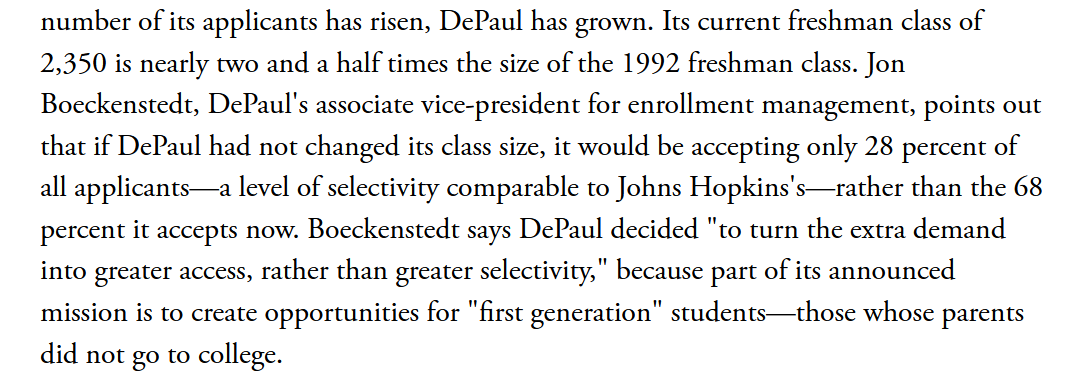
• • •
Missing some Tweet in this thread? You can try to
force a refresh



